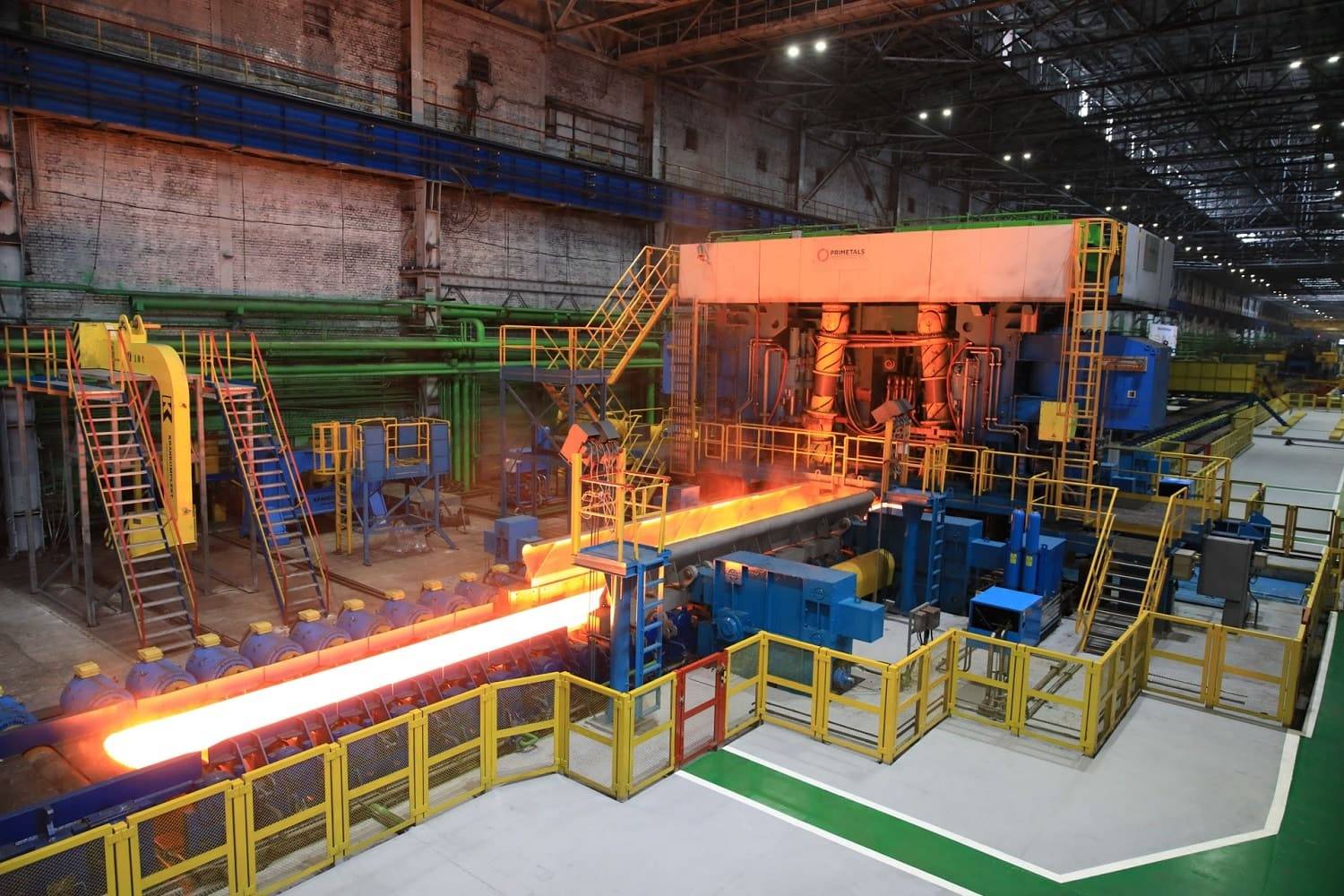
In the fast-evolving world of steel processing, technological advancements play a pivotal role in enhancing efficiency, improving product quality, and reducing environmental impact. This blog explores the latest innovations in steel processing technologies, highlighting their impact on operational efficiency and the future of the industry.
Technological Innovations in Steel Processing
Technological advancements in steel processing bring numerous benefits:
- Enhanced Efficiency: Automation and digitalization streamline operations, reducing production times and costs.
- Improved Product Quality: Advanced sensors and monitoring systems ensure consistency and precision in product manufacturing.
- Environmental Sustainability: Innovations in energy efficiency and waste reduction contribute to a greener footprint for steel production.
- Competitive Advantage: Adopting state-of-the-art technologies helps companies stay ahead in a fiercely competitive global market.
Latest Technological Innovations in Steel Processing
- Industry 4.0 Technologies
Industry 4.0 represents the integration of digital technologies across the entire value chain. Key innovations include:
- Internet of Things (IoT): Connected sensors and devices optimize equipment performance and enable predictive maintenance.
- Big Data Analytics: Data-driven insights enhance decision-making and process optimization.
- Artificial Intelligence (AI) and Machine Learning: Algorithms analyze vast amounts of data to improve production efficiency and quality control.
- Advanced Materials and Coatings
Innovative materials and coatings enhance the properties and durability of steel products:
- Nanostructured Coatings: Improve corrosion resistance and surface hardness.
- Advanced High-Strength Steels (AHSS): Lightweight yet strong materials for automotive and aerospace applications.
- Smart Coatings: Self-healing coatings that extend the lifespan of steel components.
- Robotics and Automation
Automation technologies streamline manufacturing processes and improve workplace safety:
- Robotic Welding: Precise and consistent welding operations enhance product quality.
- Automated Guided Vehicles (AGVs): Autonomous vehicles optimize material handling and logistics within facilities.




